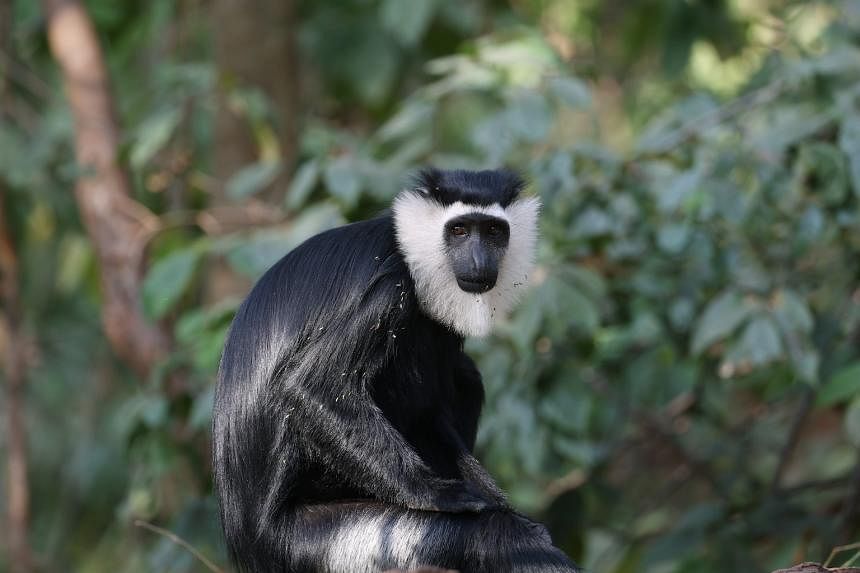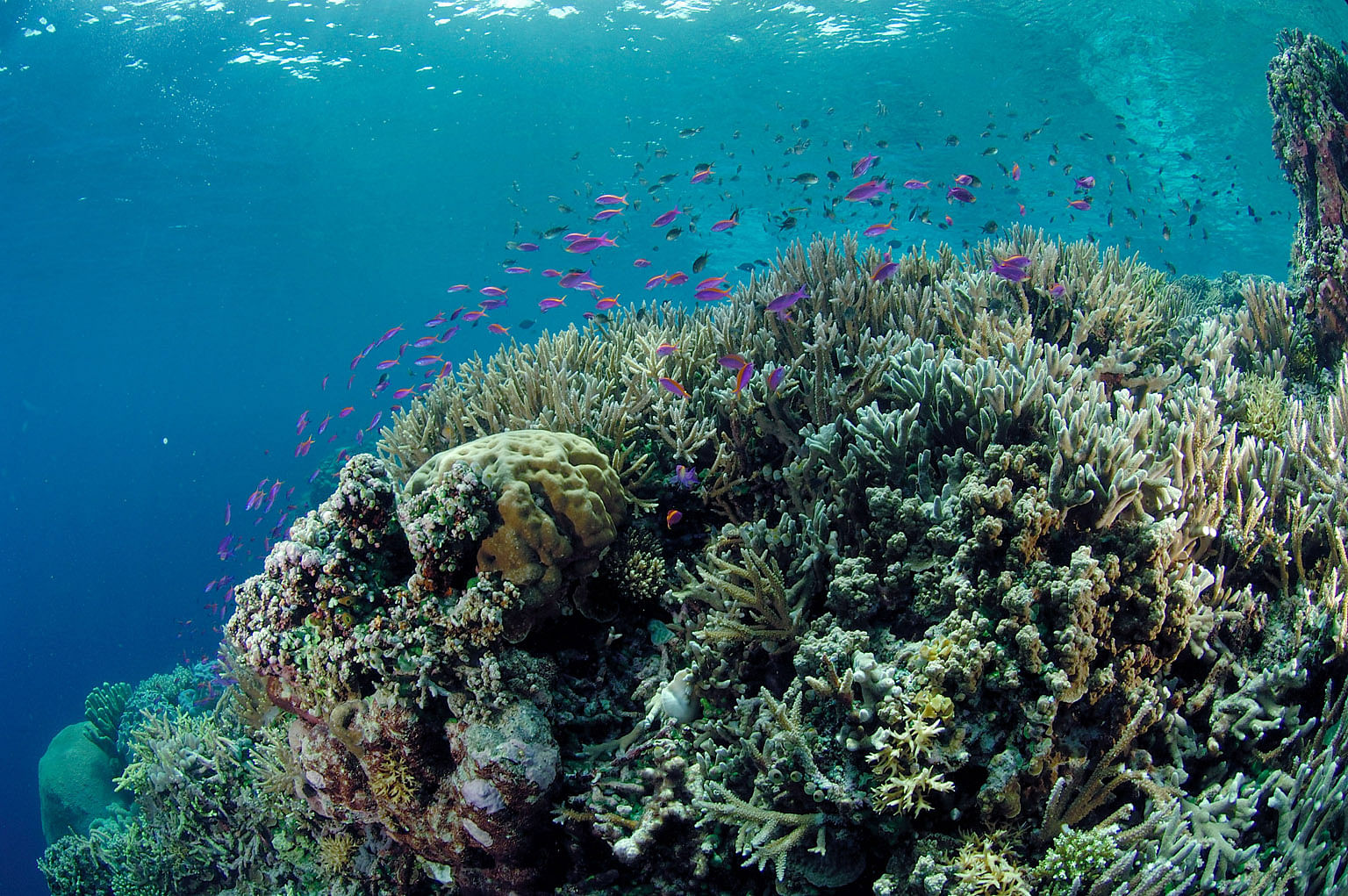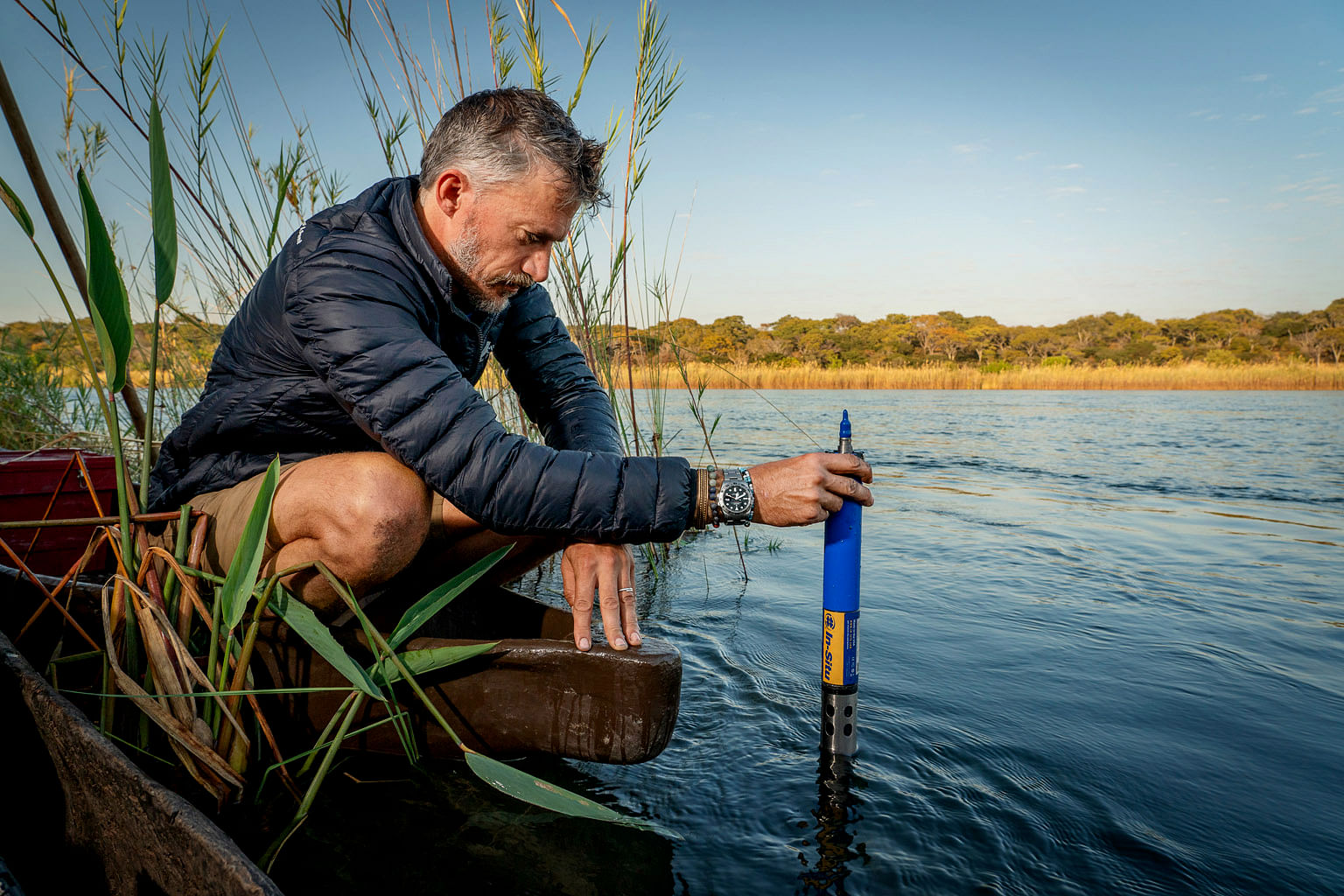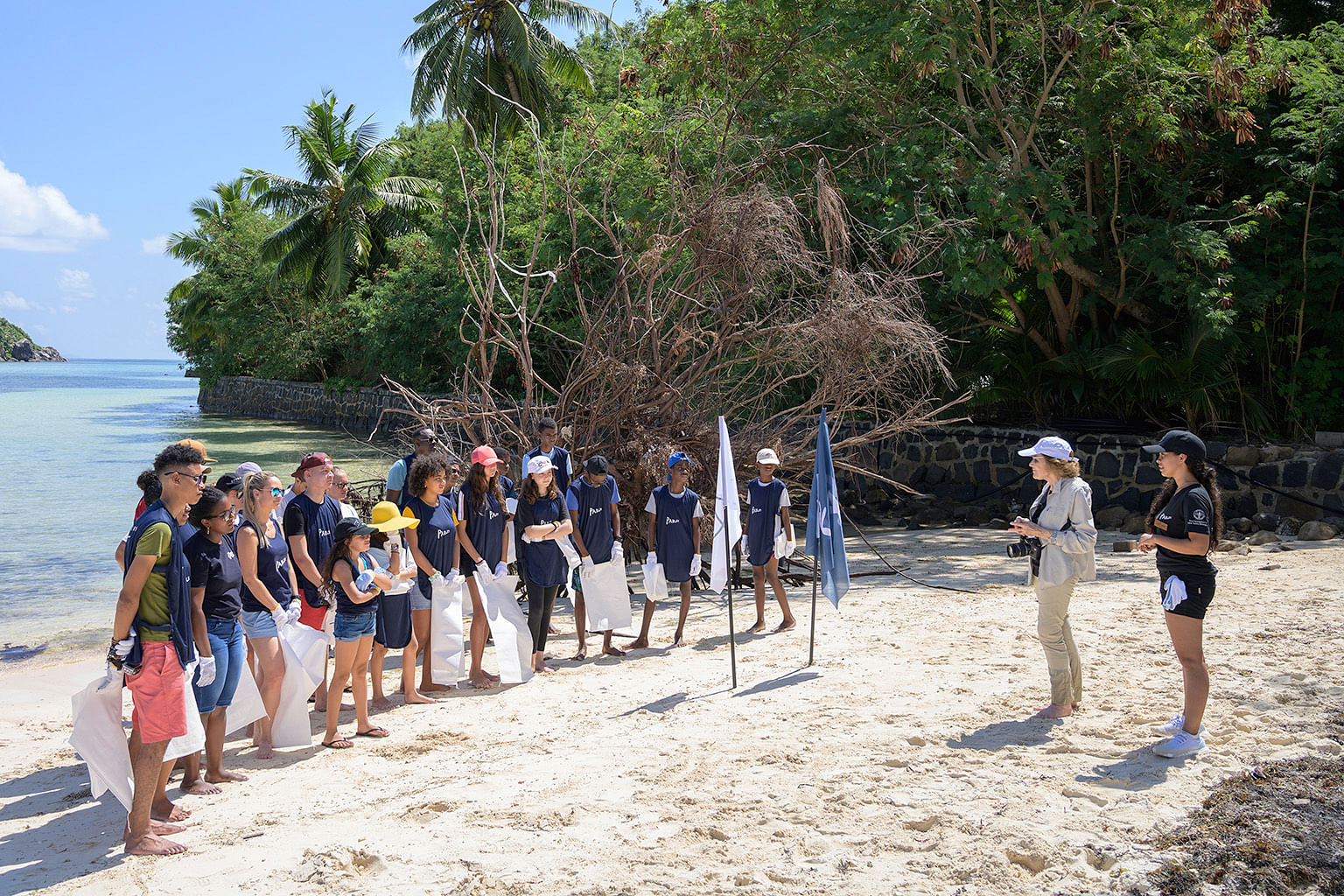In Singapore, most people have enough water for their daily cooking and other needs, green parks and spaces nearby for them to relax in, and eco-friendly options for a range of products, from natural dishwashing liquids to more sustainable clothes. These are all thanks to a variety of government and ground-up efforts.
As Singapore strives to do even better for the environment while improving residents’ lives, others around the world are pioneering initiatives to help people and protect the planet too – and they are receiving crucial support from organisations such as Swiss watchmaker Rolex to accelerate their projects.
This month, Rolex unveiled the five Laureates of its 2023 Rolex Awards for Enterprise. The Awards are part of its Perpetual Planet Initiative to champion efforts by individuals and organisations, casting the spotlight on the earth’s fragile ecosystems, and design solutions to the planet's pressing challenges.
The new Laureates’ work ranges from providing clean water in Kenya to conserving mountainous forests in the Andes that are home to over 40 endangered species and contribute to water security for both humans and animals. An independent, inter-disciplinary jury of 10 world-renowned experts and leaders in their fields decided on the Laureates.
Jury member Dr Brian Schmidt, an astrophysicist who received the 2011 Nobel Prize in Physics and is a dedicated advocate for climate change mitigation and adaptation, shares: “The Rolex Awards establish a connection with the Laureates that lasts years, and they're able to tell their story and provide mentoring and connections.”
He adds: “The Laureates of the Rolex Awards are trying to change the world on a pretty fundamental level, and because that’s hard, you need people to help you.” With the new Laureates spearheading varied programmes in different parts of the world, here is a look at what they plan to achieve with Rolex’s support.
Creating clean water from air
When Kenyan social entrepreneur Beth Koigi went to university in the eastern part of the country, she was shocked to find silty water from the campus taps.
Growing up with clean water in the rain-blessed Limuru region, she did not know that an estimated half of Kenya’s population lacked access to such water.
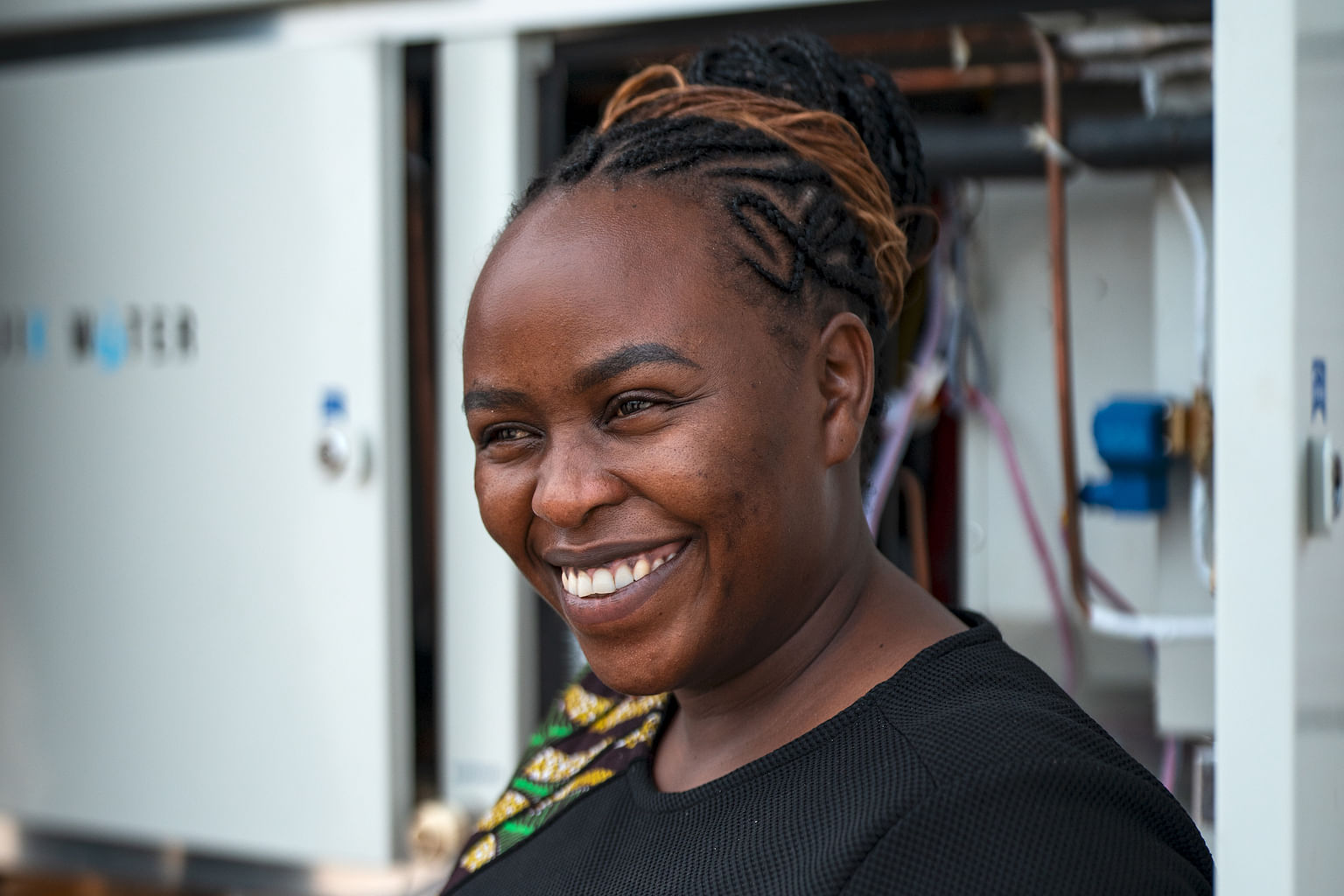
After she designed a water filter that worked so well that she could travel the country selling it, she realised the problem was worse: Many did not have access to nearby sources of water at all.
To that end, she devised a solution: A solar-powered atmospheric water generator that extracts clean, drinkable water from air.
Majik Water, the organisation she co-founded, operates 20 large and 10 small units in arid regions that produce over 200,000 litres of clean water monthly. The Rolex Award will support the installation of 10 more systems to provide water for people in refugee camps and off-grid communities in arid regions.
Defending crucial forests
Up in the Andes mountains, fragmented forests house over 40 species of endangered animals and support streams, wetlands and reservoirs that supply water to people in nearby communities and cities.
Still, harvesting for firewood, uncontrolled fires and many other deforestation drivers are threatening the forests’ health.
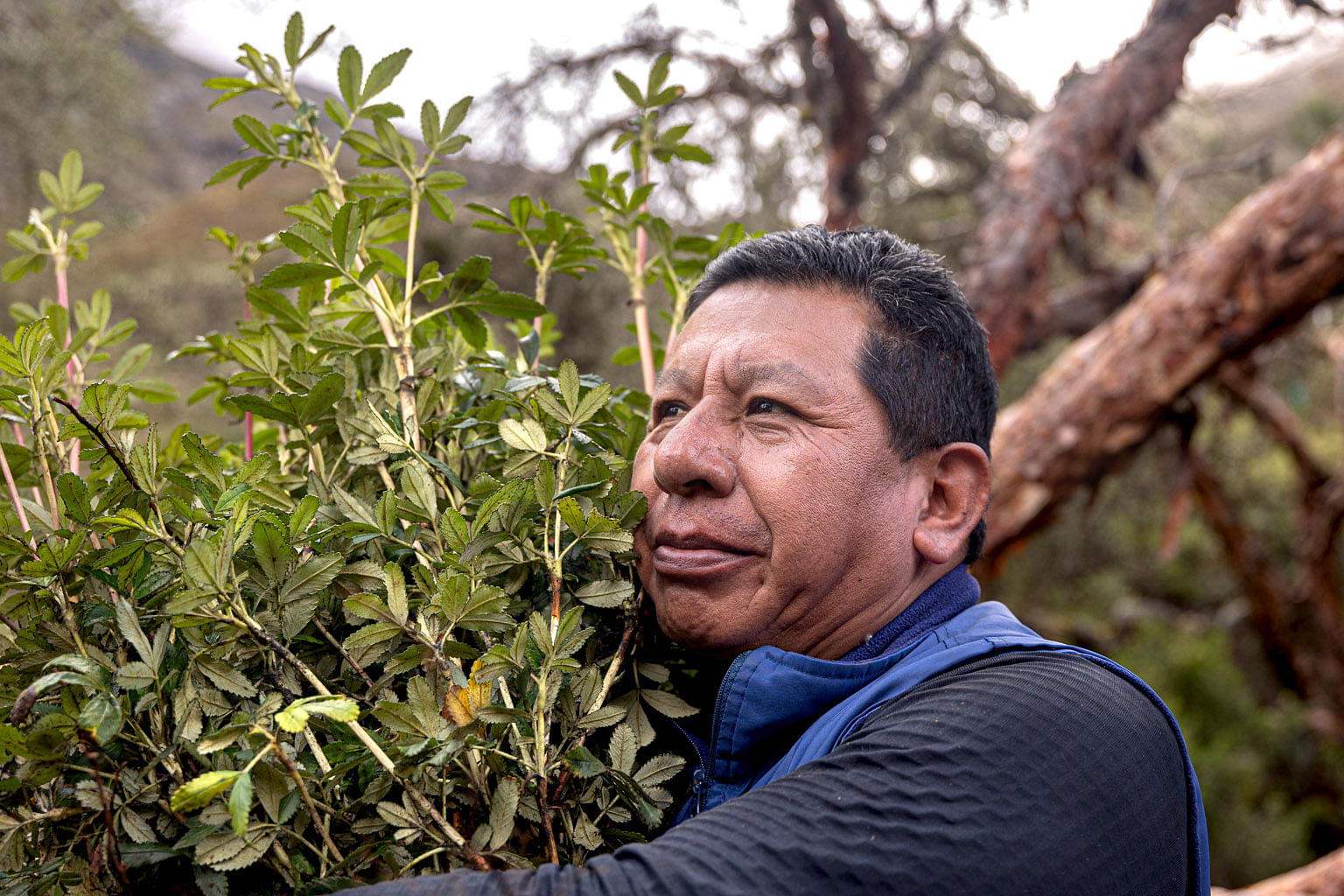
To protect them, Peruvian biologist Constantino Aucca Chutas created the Asociación Ecosistemas Andinos in 2000 to collaborate with local communities and authorities in reforestation efforts. It has planted 4.5 million native trees and established 16 protected areas across the Peruvian Andes, among other accomplishments.
He also co-founded Acción Andina with American non-profit Global Forest Generation to restore and secure a million hectares of high Andean forests in Argentina, Bolivia, Chile, Colombia, Ecuador, Venezuela and Peru. The Rolex Award will go towards growing and planting 3.5 million native trees in five of the countries, among other goals.
A champion for wild camels
Chinese aerospace scientist Liu Shaochuang was the first person from China to reach the North Pole alone on foot, measured precisely the length of the world’s great rivers, developed navigation systems for China’s lunar and Mars rovers, and more.
It was in this last role, while testing a lunar rover prototype in the Gobi Desert, that he encountered the wild camel.
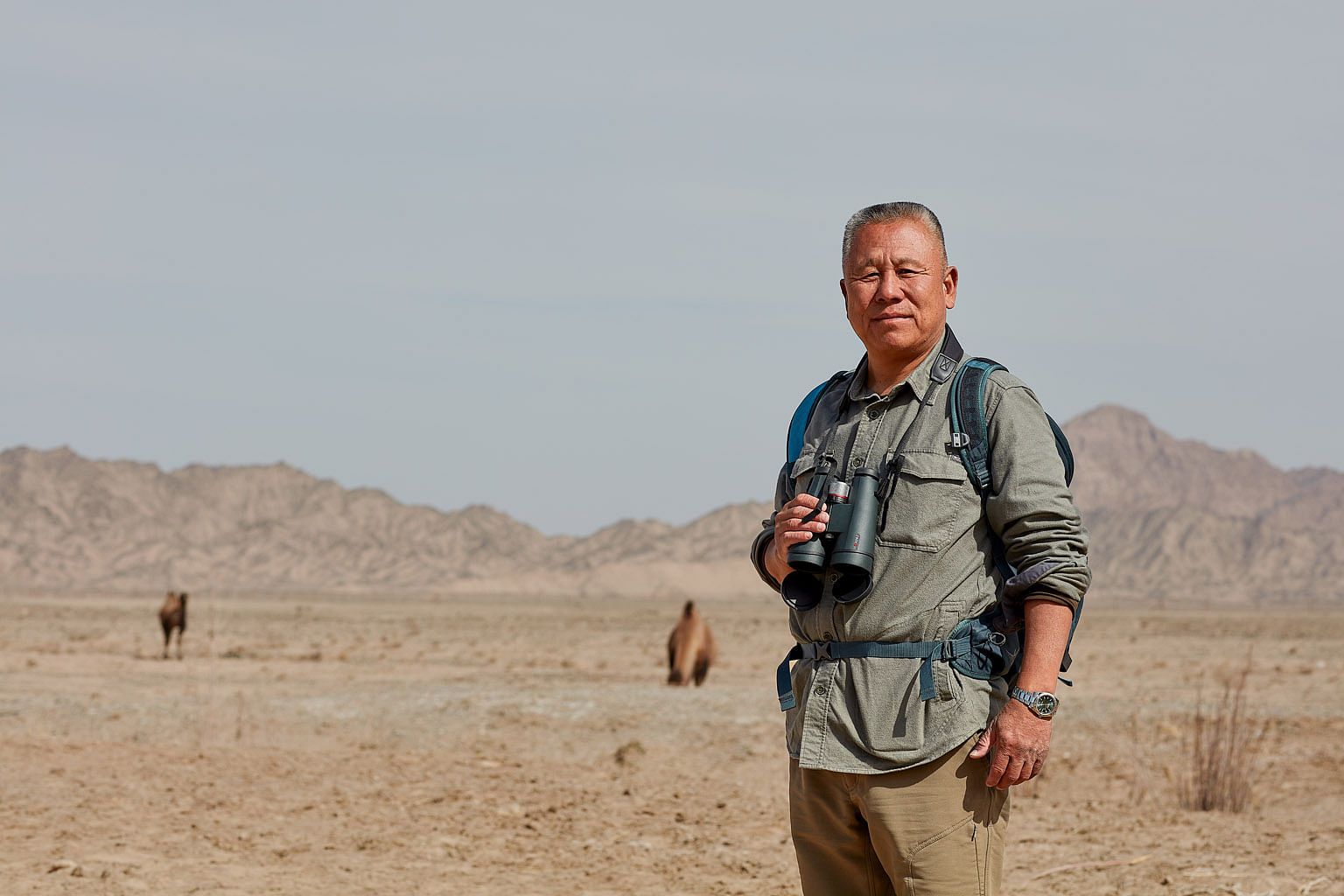
These camels have roamed the Gobi Desert’s plains for thousands of years but are dwindling due to climate change, habitat loss, predation, hunting and other problems. Mr Liu and his team hope to better protect them, including by using remote sensing and satellites on them to study their migration, environments, threats and other factors.
With the Rolex Award’s support to fit the tracking devices, collect biological samples, innovate or purchase equipment for disease monitoring and carry out other tasks, he plans to use his findings to help advocate the establishment of two new conservation zones: a China Wild Camel National Park and a China-Mongolia Cross-Border Wild Camel Nature Reserve.
A way forward for fashion
Less than two per cent of Indonesia’s huge clothing industry’s mostly female workers earn a living wage. Indonesian social entrepreneur Denica Riadini-Flesch’s SukkhaCitta is changing that by strengthening women's empowerment and preserving Indonesian cultures with their traditionally-made regenerative farm-to-closet clothing.
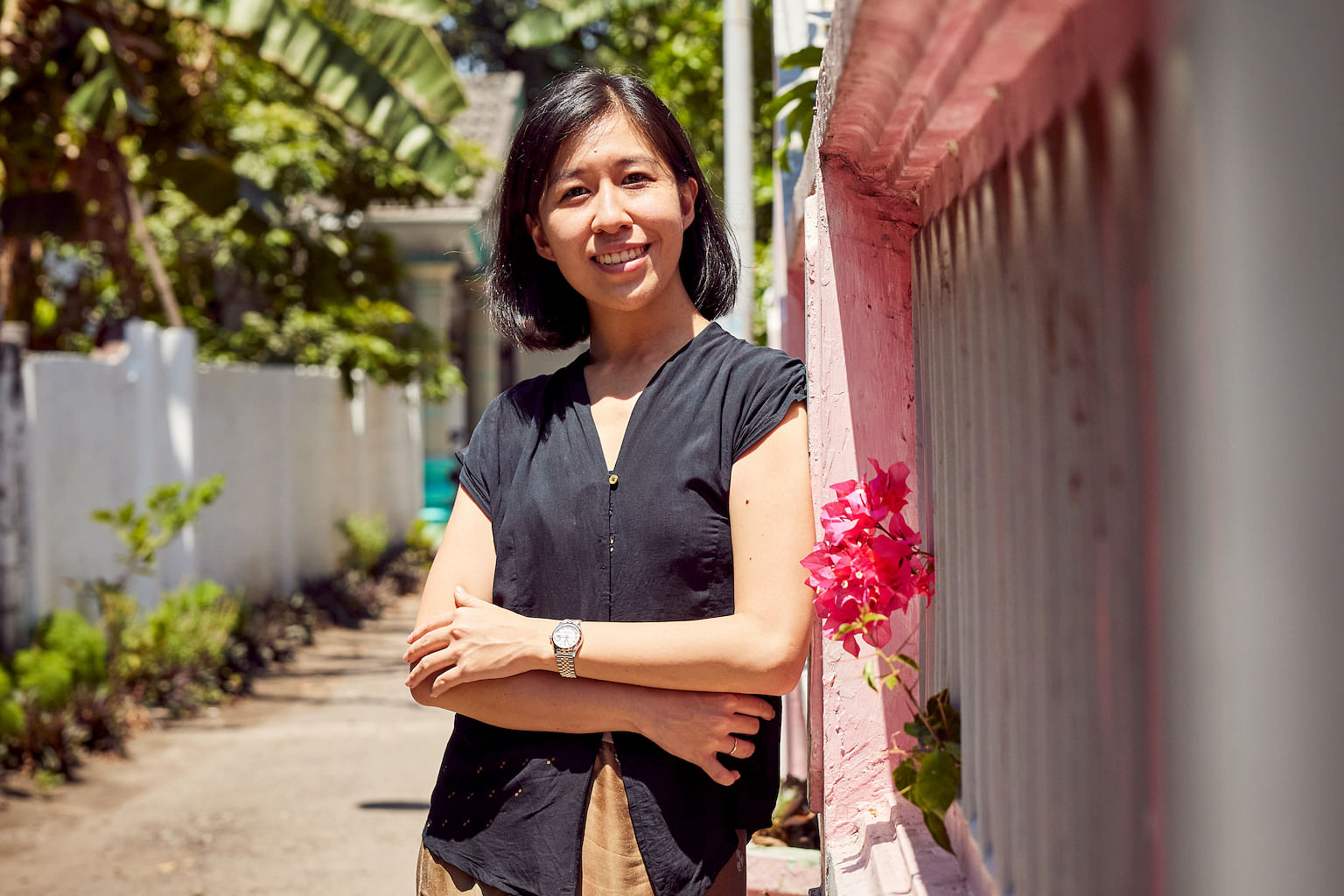
The social enterprise also helps build craft schools for young women to work and learn skills, and become apprentices to more experienced artisans. Moreover, it collaborates with smallholder farmers to grow more eco-friendly cotton to make the clothes, and other plant species for sustainable dyes.
Its business model has raised the income of women working with it by 60 per cent on average, with spill-over effects as they invest in their villages’ children’s nutrition and education. The Rolex Award will pay for land for a building for 30 more artisans, an app to digitise regenerative farming knowledge and other expansions.
Saving wild animals and habitats
Veteran conservationist Inza Koné was just eight years old when his father gave him a baboon as a pet. While boy and monkey became best friends, the animal eventually became too difficult to handle, but could not be set free in the wild after habituating to humans, leading to euthanasia as the sole option.
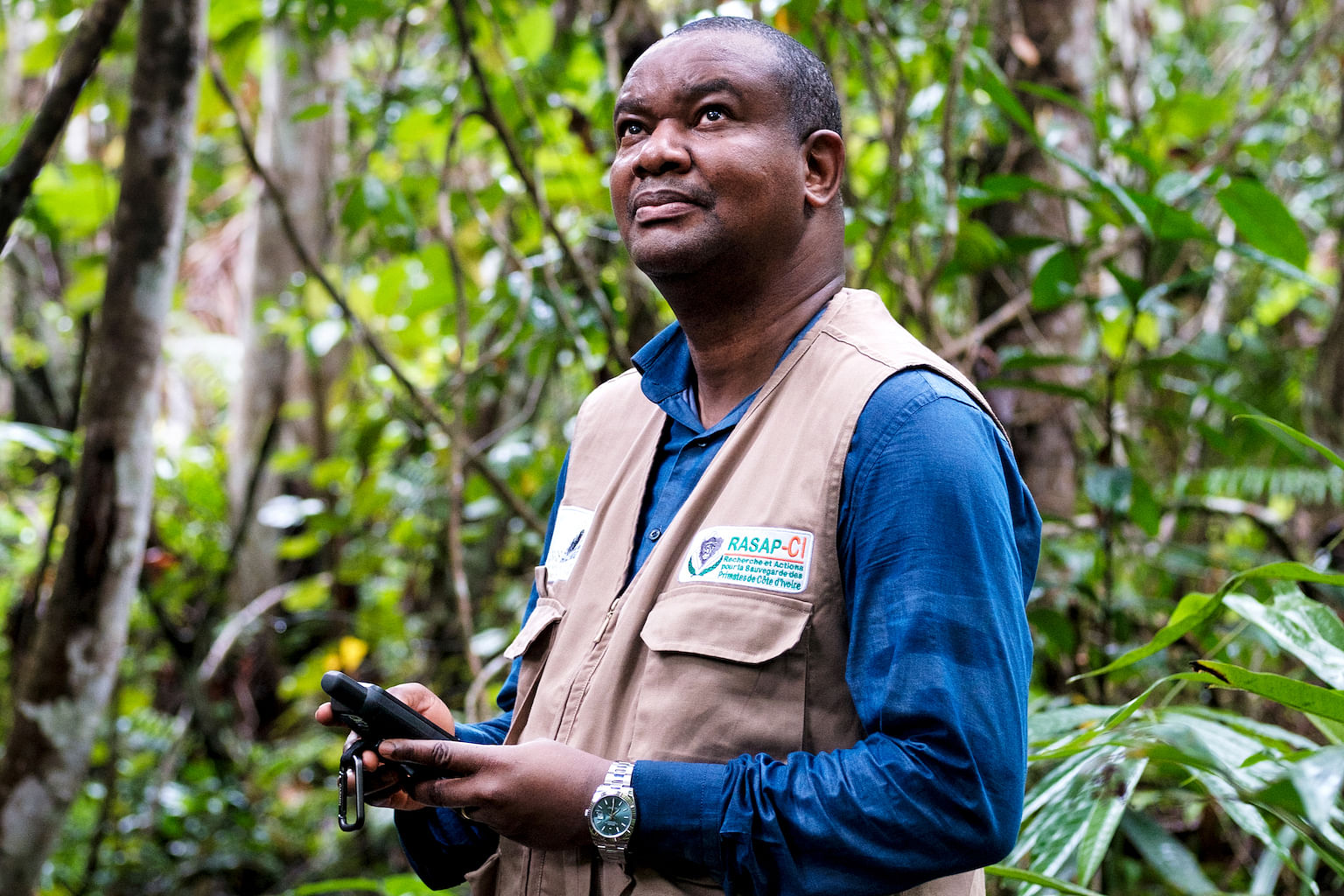
Realising wild animals are best kept in the wild, he has devoted his life to studying and protecting them, becoming Côte d’Ivoire’s first primatologist. In 2006, he helped to create a conservation programme to preserve one of the region’s last primary forests, the Tanoé-Ehy swampy forest – home to countless imperilled species.
When proposed development threatened to turn most of the forest into a palm oil plantation, he led a campaign that persuaded the Ivorian government to designate the forest as a community-managed natural reserve. The Rolex Award will aid in ecological monitoring and more, and a push for an even larger, transboundary conservation area.
We The Earth is a partnership between The Straits Times and Rolex and its Perpetual Planet Initiative. The 2023 Rolex Awards for Enterprise Laureates are stellar examples of the many individuals who are doing their part to solve the issues Earth faces.
